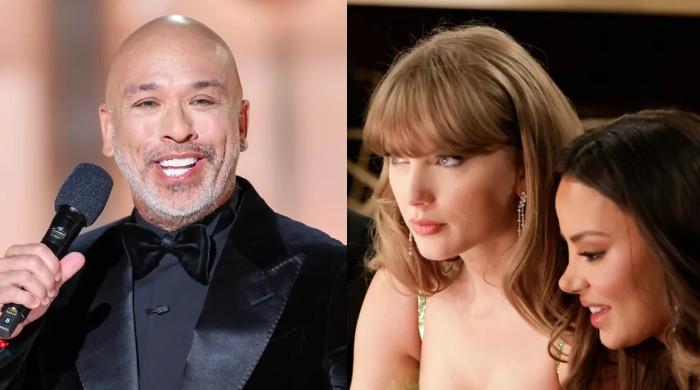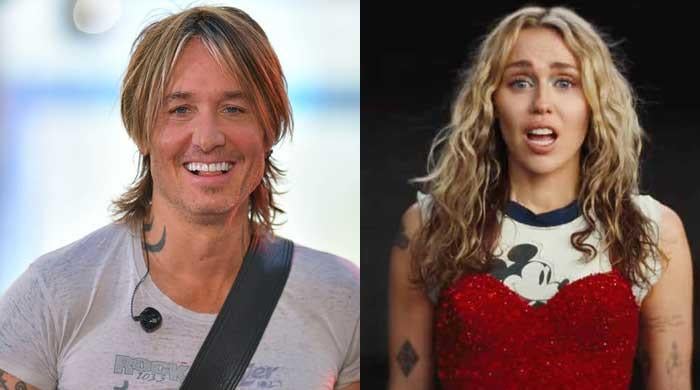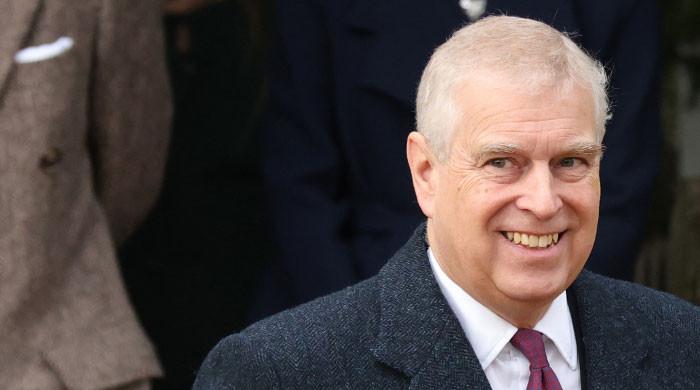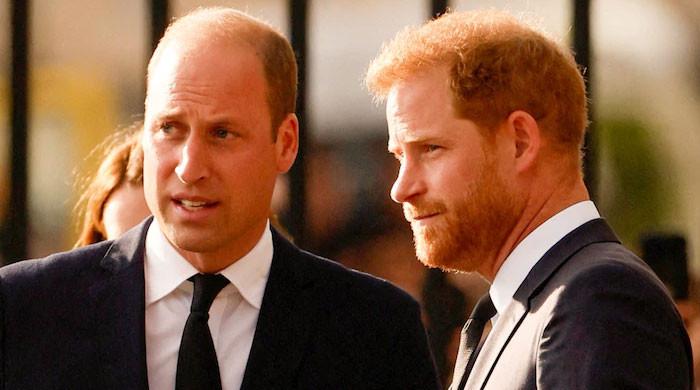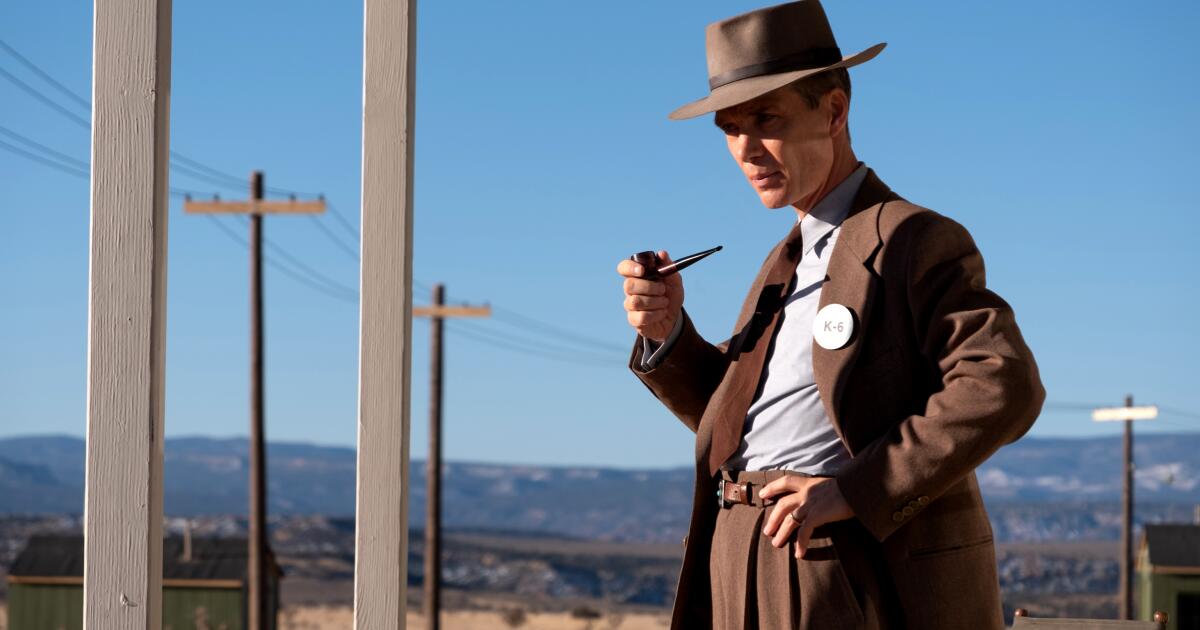Tonight, if you're reading this on Tuesday, there will be a debate between presidential candidates Kamala Harris and Donald Trump. (If you watch this later, mentally change the verbs to the past tense.)
And wherever the nation goes in trying times, comedy, its analytical antidote, will follow suit. Jon Stewart, who typically hosts “The Daily Show” on Monday nights, will move to Tuesday for a live post-debate edition, signifying both the event’s importance and, institutionally, his own. And Seth Meyers, whose “Late Night” is arguably the most politically focused late-night show after “The Daily Show,” will jump to an earlier time slot Wednesday for the “A Closer Look Primetime” special, airing at 10 p.m. on NBC and streaming the next day on Peacock.
Late-night television, which exists only on so-called “linear” television, is that medium at its most freeform, and the later it gets, the freer it becomes. Late-night television, where Meyers works, after Jimmy Fallon’s “Tonight Show,” is where Craig Ferguson’s talk show flourished, where Conan O’Brien established his individual brand of weirdness after David Letterman’s brand of weirdness, and a smoke-shrouded Tom Snyder hosted guests ranging from Marlon Brando to Charles Manson and from Patti Smith to James Baldwin.
The fact that you had to stay up past most people's bedtime to watch them, before the Internet blew up television programming, gave these shows a clubby, niche feel, and their self-selected audience the sense of being in on something special and, relatively speaking, outside the mainstream. In their own cordial way, they are the punk clubs of television.
All late-night shows are, at least superficially, political, in the sense that the monologues are based on current events. A new Rolling Stone article, cited Monday night by Jimmy Kimmel and Stephen Colbert in their monologues, notes that, according to one source, Trump has wanted to “punish late-night comedians for making ‘illegal’ campaign contributions to the Democratic Party in the form of on-air jokes and skits.” (“I finally made an enemies list,” said Colbert, whose broadcasts from Chicago during the Democratic National Convention were essentially a celebratory aftershow. “There’s no guarantee I’ll get arrested, but it’s an honor just to be nominated.”)
Trump isn’t wrong to say that he’s been the butt of much of the late-night humor, but there are reasons for that: He’s an absurd person who lies compulsively, spouts ridiculous conspiracy theories, and subjects himself to impeachment every time he opens his mouth. And since he’s been plotting or scheming to become president again since he lost the last election, and has been in court for much of that time, he’s a target that’s impossible to miss, hard to ignore, and, most importantly, not hard to imitate.
Of all the late-night hosts, Meyers, who took over “Late Night” a decade ago when Fallon left for “Tonight,” is currently my favorite, which is to say I get what I need from him. In the lockdown phase of the pandemic, broadcasting from the attic of his Connecticut vacation home — with a mysterious copy of “The Thorn Birds” on a side table, a painting of a sea captain as a sidekick and his kids running around the studio — fit his casual air. It made sense that he left the suit and tie in the closet when he returned to the studio: He’s the only talk-show host still working the unbuttoned 12:30 a.m. time slot (CBS’s “After Midnight,” with Taylor Tomlinson, is a game show, not a talk show).
If you’ve watched “Late Night” for any length of time, you’ve met the rest of his family, including an episode of “Day Drinking,” a show on which his mother drinks more than he does. The model of a smart, regular guy, even after years of hosting “Weekend Update” on “Saturday Night Live” (where he was also the head writer), he somehow seems to have stumbled into a role for which he is nonetheless perfectly suited. With Meyers’s nods to writers, exchanges with cue-card guy Wally Feresten, an ability to turn interviews into conversations and a tendency to laugh incredulously at his own material or presentation, “Late Night,” like Ferguson’s lamented “Late Late Show,” has an air of being unprofessional and intimate, of being something that happens in real time, made by humans.
The standout element of “Late Night,” imported into Wednesday’s special, is “A Closer Look,” a lengthy, fact-filled take on a specific news story, delivered at breakneck speed by Meyers, who, like Stewart on “The Daily Show” and John Oliver on “Last Week Tonight,” combines amusement, wonder, rage and horror while being extremely funny; Meyers wants you to laugh, but he also wants everyone to wake up. NBC is betting that a not-insignificant portion of the debate’s massive audience will want a place to turn afterward for context, relief, a good time and some candor.
Comedy writers, whose job it is to find the truth in the joke and the joke in the truth, are more reliable guides to the times than the pundit prognosticators on Sunday morning news shows and cable TV (they are not, they will tell you, journalists). Of course, if satire could save the world, The Onion wouldn’t keep repeating its headline about the 2014 mass shooting, “‘There’s No Way to Prevent This,’ Says the Only Country Where This Happens Regularly” (37 times as of Sept. 4). But as individuals, it can help us get through one day and into the next, by giving our outrage a voice that makes us laugh.



